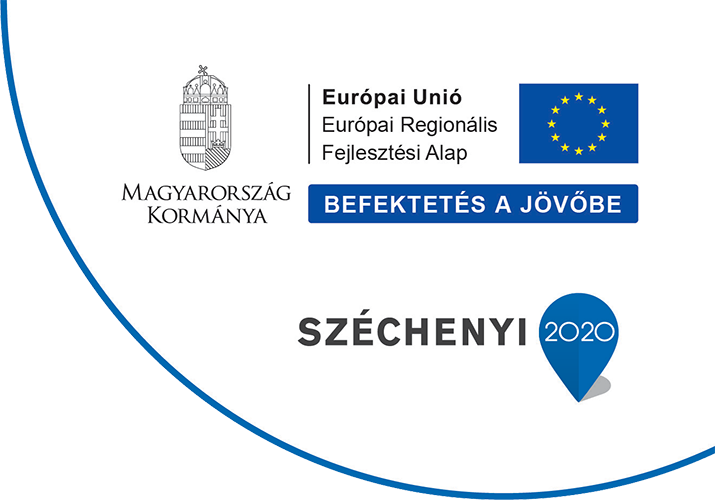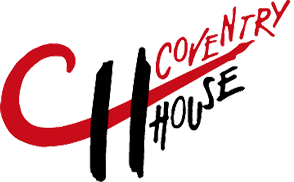Courses for Children
People often mix up early language acquisition and language learning. However, clarifying these two concepts will help to dispel many misconceptions about teaching children languages.
"Language acquisition is what we call the unconscious process through which young children learn to use a language. It happens through the effect of language stimuli from their surroundings: a child picks up what they need by using various language elements. In contrast to this, language learning is a conscious process. [...] Depending on the age, there are two different processes. From three to ten years old, we are talking about language acquisition, while from puberty onwards; we are talking about language learning. While rules play an important role in language learning, young children do not deal with them. They will speak correctly not because they learned, for example, that this must be in the present perfect, but rather because this is how they have heard it. Thus, a child has a feeling for the rules, but cannot consciously follow them."
Source: Nyelv és Tudomány (2009.11.09.)
Cukorka vagy candy? Érdemes már ovisként nyelvet tanulni
Why is it good to learn a language early on?
Early language learning teaches flexibility and develops one's ability to think, namely children learn that there is more than one way to approach things. For example, they learn that there is more than one word for a concept (asztal - table - Tisch).This type of thinking can also be useful in acquiring one's own language too.
People often make the counter-argument that it takes less time to acquire the same level of a language when you are older; however, it is easier to learn the intonation and characteristic sound of words as a child. Therefore, an early foundation in a language can ensure later success in learning and using a language, whether we are talking about school or even work as an adult.
Why choose the Coventry House Language School?
We organize courses in English and German for children from the age of four, where the main emphasis is placed on the children acquiring the foundations of the language through play. We consider it important that children learn with native speakers from the very beginning, after all, this is an experience that will continue to shape even their later studies.
- Playful Courses
The children acquire the foundations of the language through games, songs, poems, and craft activities, getting a taste of language learning. In our well-equipped and air-conditioned classroom, we make learning fun with the help of high-quality educational games, children's books and videos. While playing, we decorate the classroom with the help of the children, making it a homey environment. Besides this, toys and equipment made by the French company WESCO allow the children to satisfy their need to move around in an age-appropriate way.
- Experienced Educators
At our school, only teachers that are professionally trained and love children teach these courses. We ensure consistently high quality teaching and expertise through our strict hiring suitability test and regular lesson observations.
- Parental Oversight
We hold parent meetings once a quarter and a demonstration lesson every half year. Throughout the school year we send reports about the children's progress, so that the parents can inspect their children's work and follow their development.
Course Prices
The recommended schedule for children up until the age of 12 is twice a week for one hour. From 13 years old onward, we recommend twice a week for two hours.
We have group courses in the afternoon.
If you would like to enrol your child in a playful language course or have any questions,
please contact us at 30/228-5200!
Questions frequently asked by parents
Will my child mix up the two languages?
A young child is still able to acquire a perfect phonology in any language; The communications of all the people around the child decide which languages the child will be a native speaker in. If the people in a child's life consistently speak the same language to the child (for example the parents only speak Hungarian, the language teacher only speaks English), the child will be able to keep the languages separate and associate them with the people and situations. Of course words in the two languages might leak into each other at first (for example the names of toys/games), however, this is natural and does not at all mean that the child does not know which language they are speaking.
What is the point of going to a language course if the child cannot pay attention for very long?
Children's brains have the greatest flexibility in the first five to six years of their lives. During this time they are best able to learn the characteristic sounds of languages and have the best chance of acquiring a language without an accent.
In designing the courses, we take into account the fact that children can only effectively concentrate for a few minutes. This is why we deliberately alternate between several types of activities ("seated" and "movement"), to maintain the children's attention and interest.
From what age should a child be able to write in a foreign language?
From our experience, it is worth learning to write in a foreign language from the age of nine. This is because initially it would only be an extra burden on a child as they are still acquiring the ability to write in their native language and their knowledge of the language probably wouldn't develop any faster. In the beginning, it is more effective for a child to acquire a foreign language's characteristics through games, music, and singing.


